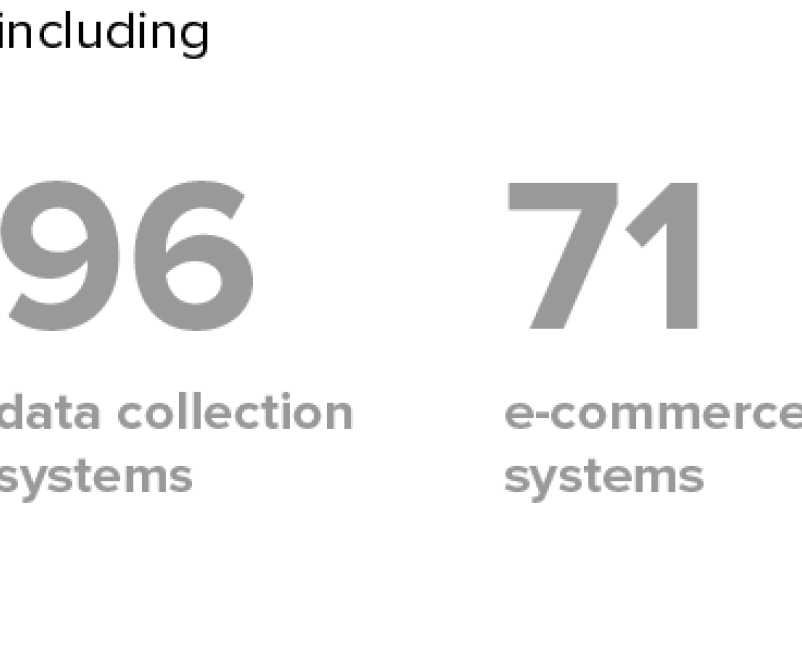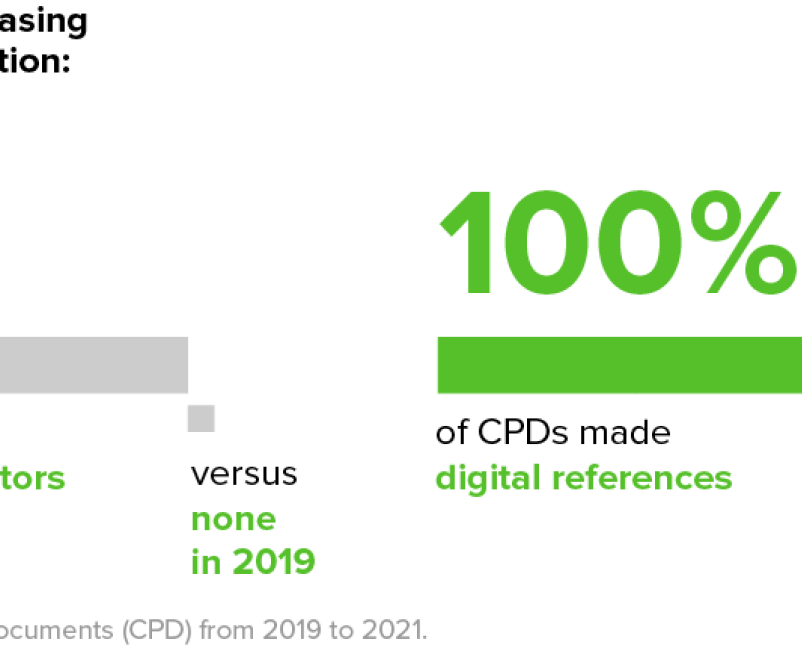It’s hard to remember the world before the digital revolution. Many of us rely on digital technology to carry out the basics of modern life, from work, study, chores, socializing, or family life. These include digital tools like smartphones, digital analytics like product recommendations, or other digital processes like online banking.
But what does digital mean in the context of development? At the United Nations Development Programme, we’ve leveraged each new wave of digital technology – from mobile connectivity and social analytics, to artificial intelligence and machine learning, to robotics and virtual reality – to deliver more impact more efficiently to more people. We’ve also seen first-hand how digital technology can deliver solutions to old and new problems to improve people’s lives in transformative ways.
In the COVID-19 era, digital tools have become even more critical to contemporary life, bringing services that were traditionally offline, like education, into the digital sphere. But this also means that those with limited access to digital tools and technologies have fallen, and continue to be falling, even further behind. The pandemic has amplified the need to make digital services more universally accessible – while carefully considering and mitigating the effects digital approaches have on human rights and the planet.
Why digital?
Examples of ‘digital’ are everywhere we look: our smartphones and the apps on them, social media sites, audio players and music files, cash machines … the list goes on. But instead of thinking of these as things, we see them as solutions. At its simplest, digital is a way of work that enables people and institutions to use ever-evolving technology to improve the world in ways that weren't previously possible.
But solutions don’t just come into the world unbidden. Another key aspect of digital is how people approach problems. Rather than being satisfied with old, familiar ways of doing things, people with a digital mindset will creatively apply new technologies and approaches to thorny, intractable problems. Critically, people with a digital mindset don’t view failure as the end of the road. Digital-first problem solvers learn from mistakes, and apply learnings to new experiments for better solutions.
Assessing where we are

 Locations
Locations



